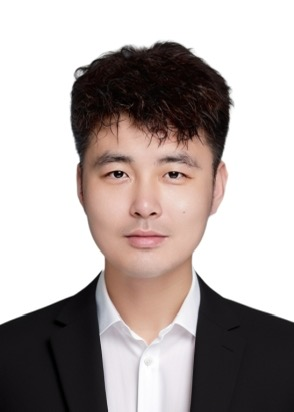Vocational higher education development



Special Issue Information
Dear Colleagues,
A large number of scholars in the field of education have focused on higher education and made outstanding contributions to its development. With the growth of The Times and the needs of society, vocational higher education has become the key part of contemporary higher education, but there is not much related research focusing on contemporary vocational higher education. In light of this, we propose that most education researchers focus on higher vocational education and jointly promote its development.
We welcome a diversity of articles, such as conceptual and empirical articles, reviews, critical comments, and meta-analyses, for submission to this Special Issue. We will accept manuscripts on topics related to various aspects of higher vocational education.








